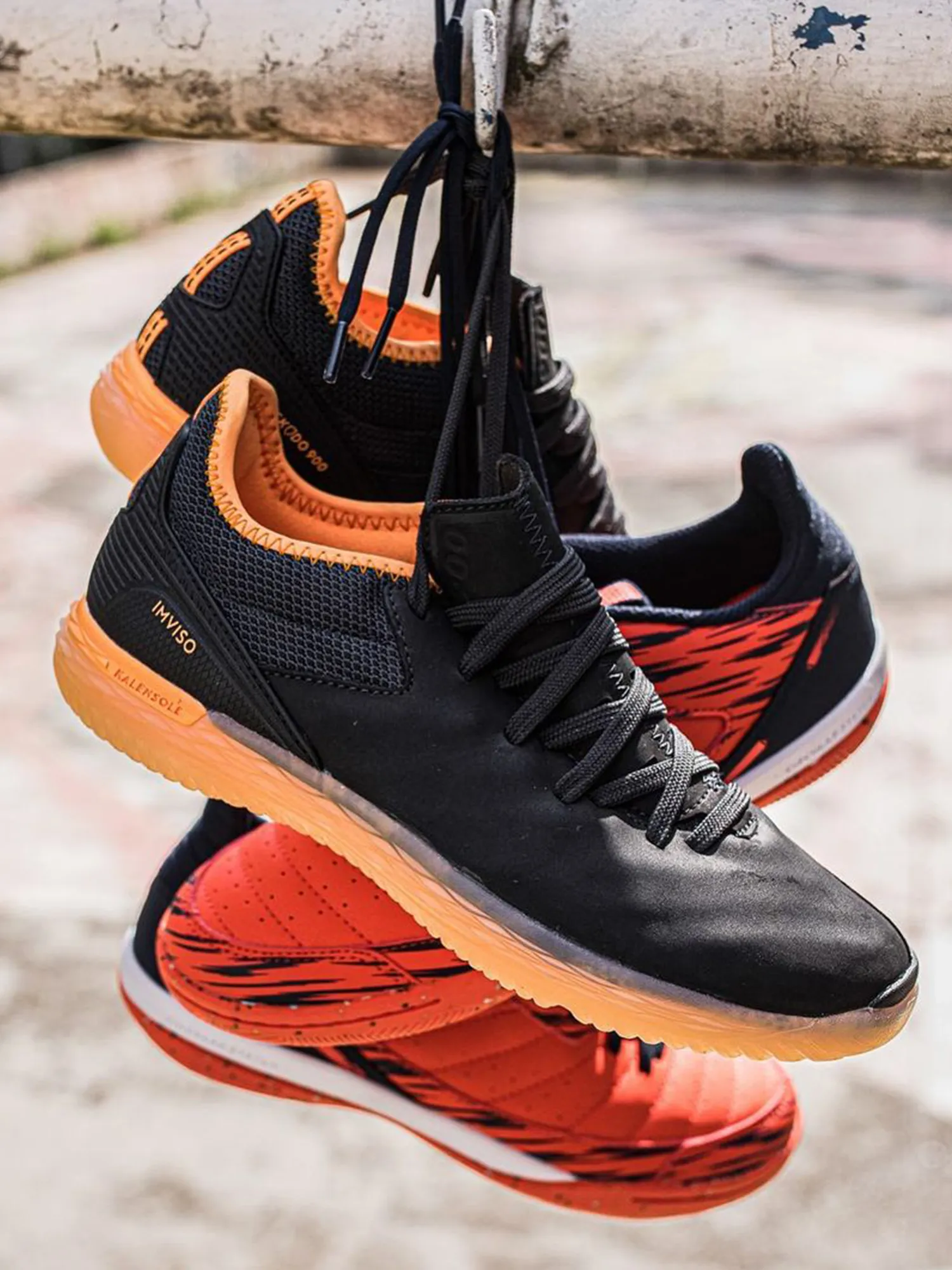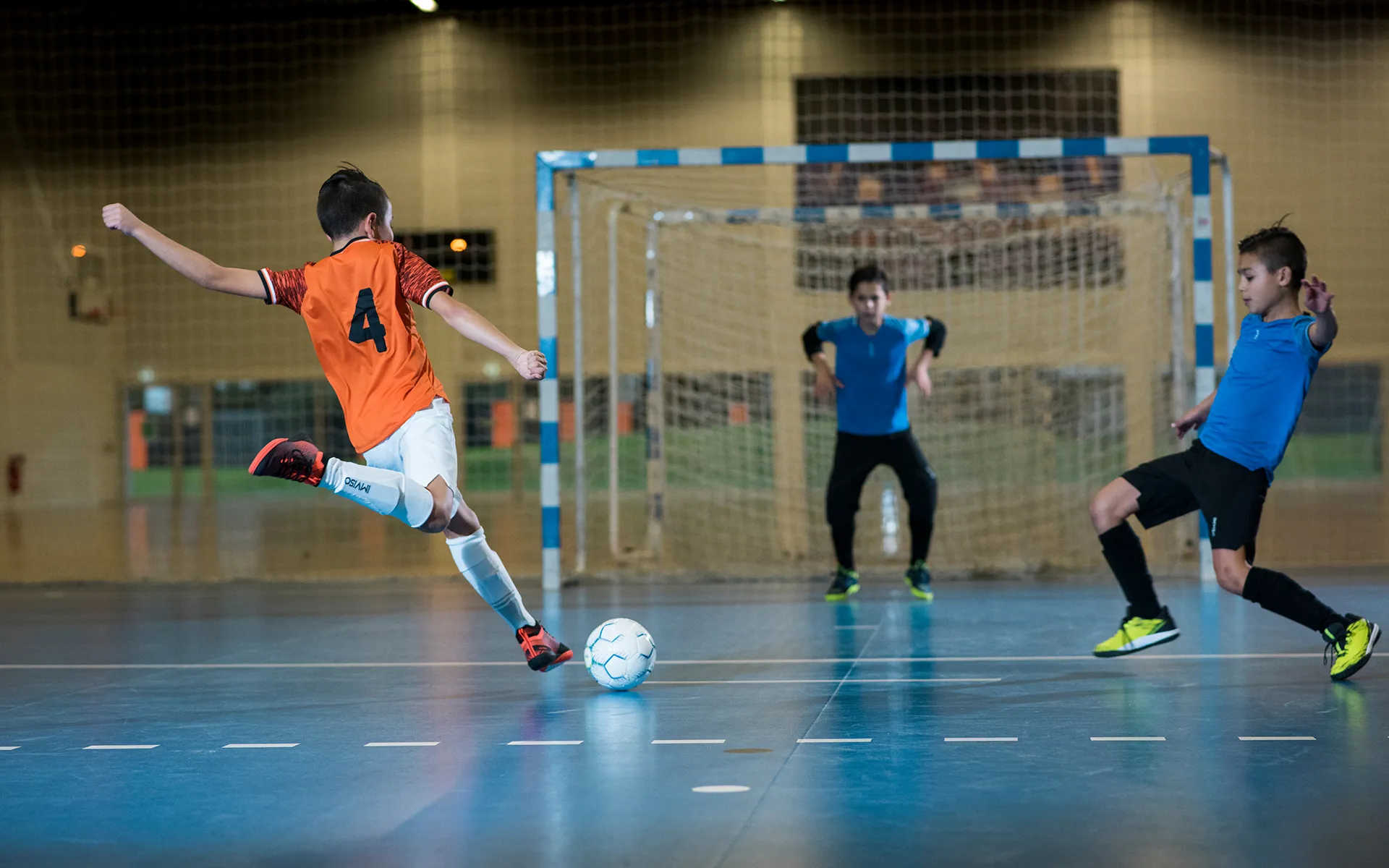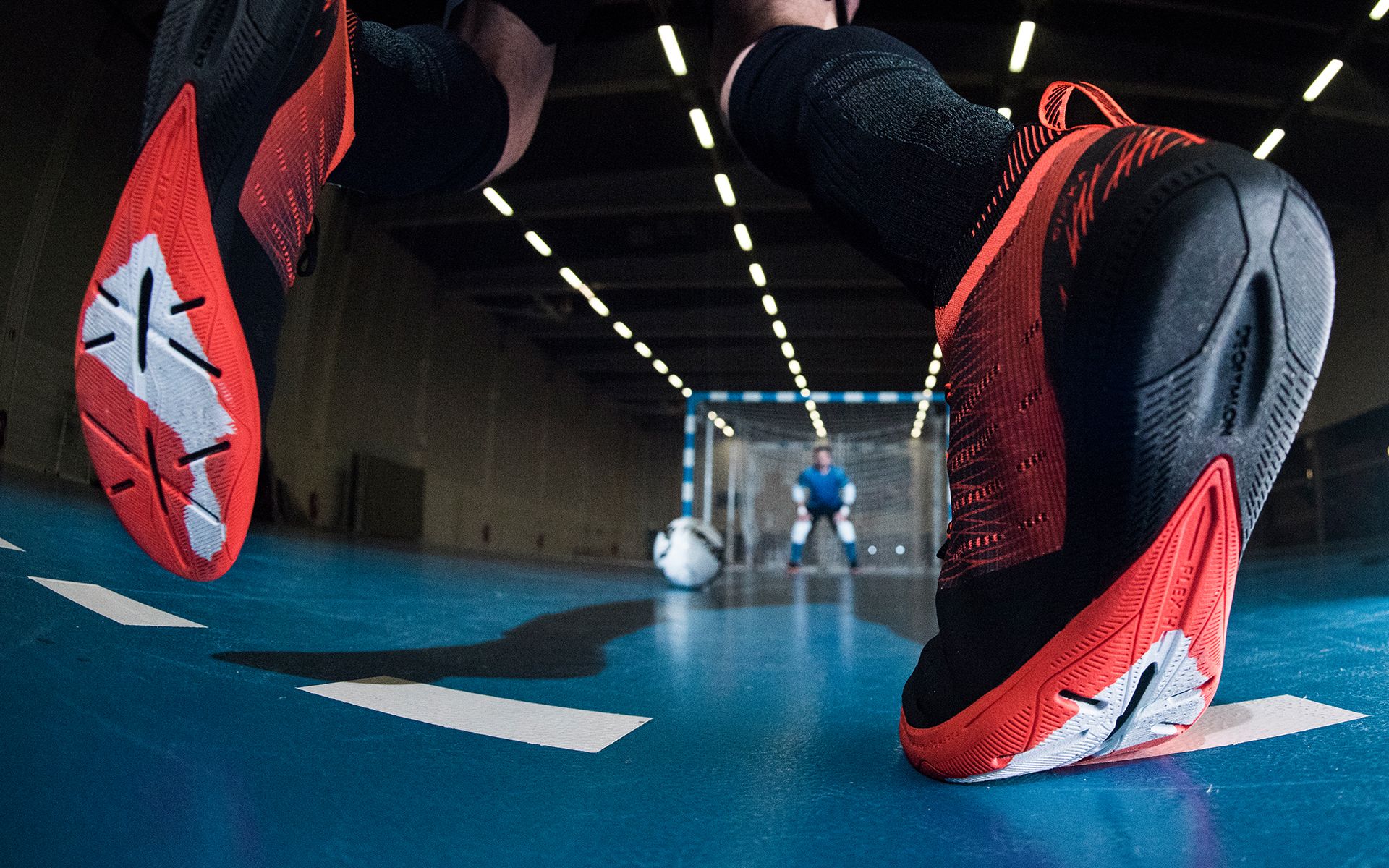

Football, in Brazil, is everything. Brazilians are born with a ball at their feet. It doesn't matter if they live in favelas, on the beach, in the North or in the South. Everyone plays football. It’s an inherent part of the life of most Brazilians. Football means friendship, sharing, laughing, crying, hugging, kissing, loving. Values similar to those that
And it was none other than Brazil where
More than 29,000 children from public and private schools had the privilege of participating in this free championship organized by
Brasil Institute, as a tangible example that for us, sport and solidarity go hand in hand.
And it was a roaring success. For two months, thousands of people were able to watch the matches, with entire families supporting their children, nephews, grandchildren, brothers and sisters. But why futsal and not traditional football or any other sport? As Diego Dicredo, Events & Partnerships Manager at
The event also saw the formal launch of IMVISO,
With this we closed an incredible event, where sport, family and solidarity prevailed, fundamental pillars of the values that

History of futsal
Football in South America is passion, friendship and loyalty. It’s shouting to the neighbour from your window to ask if they want to go out and play in the street. The dirt street. That’s football in South America. And that’s how futsal was born in Montevideo (Uruguay) in the 1930s. Juan Carlos Ceriani (a school teacher in Montevideo), worried about his students playing football in the street outside the school with cars speeding by, decided to invent a new type of football, one with different rules, one that could be played inside the school rather than out in the street, protected from dangers and accidents. This is how he created futsal, by trying to adapt the rules of football to the school’s small indoor multi-use pitch. But he also borrowed ideas from other sports, making the goalkeepers adopt the rules of water polo, using the same pitch measurements as handball (40x20m) and copying the rule of basketball whereby the game is stopped once the ball has left the court.
And so this teacher came up with a whole new way of playing his beloved football, extremely popular in the streets of Uruguay at the time after the country's national football team won the first World Cup in history.
Much has changed in futsal since then, from the rules and institutions, to the players and the coaches. But the world’s best futsal team remains unchanged: Brazil. Besides winning the first Futsal World Cup, the country has kept its crown as king of this sport throughout the years, their five World Cups making them the most successful futsal team in history.




